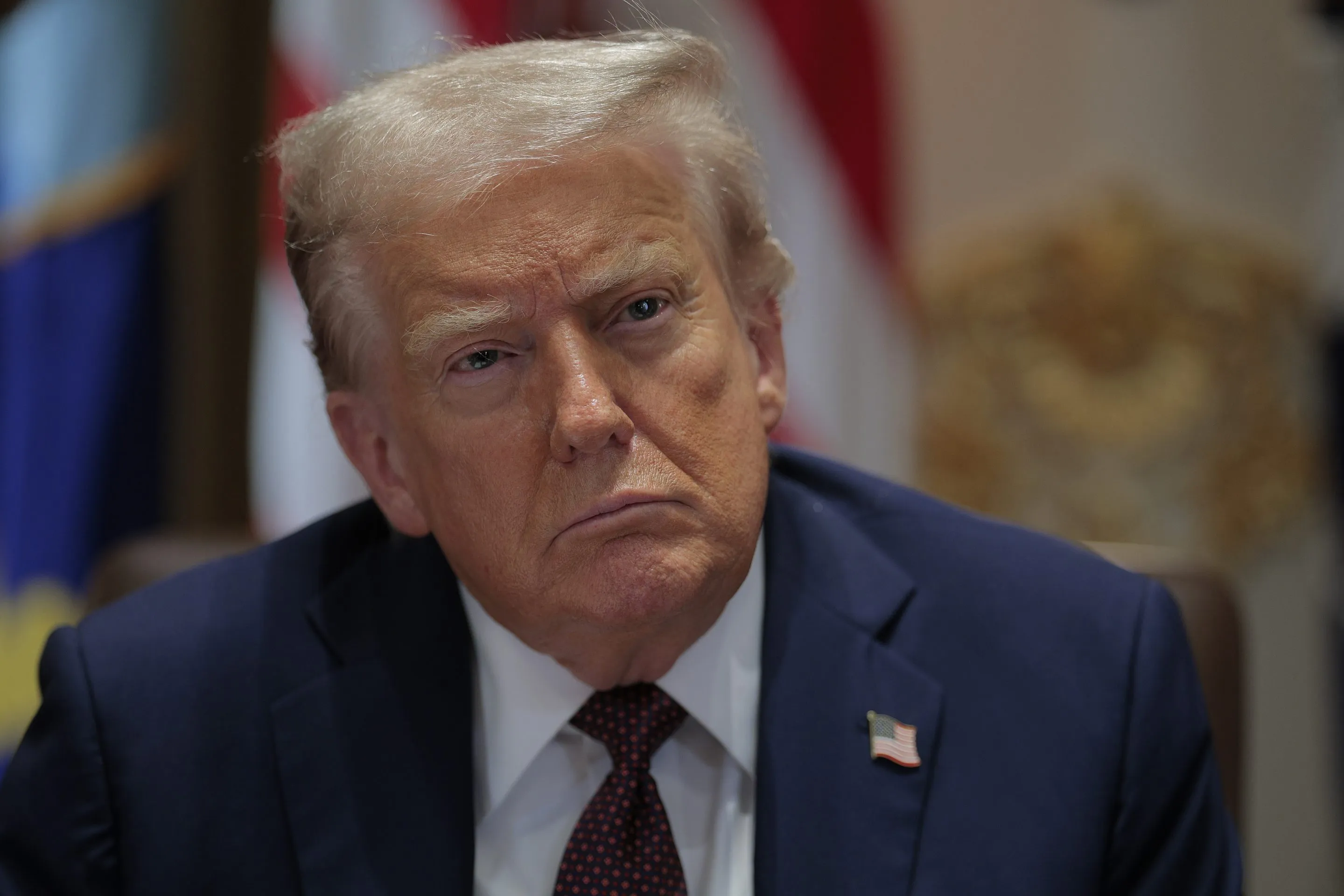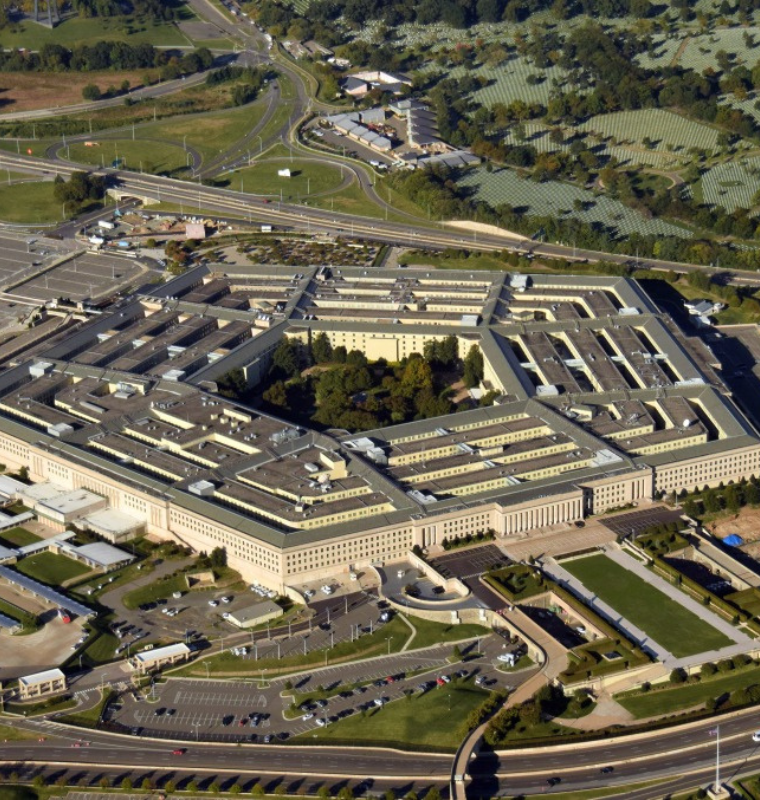Supreme Court Showdown Looms Over Trump Tariffs, Potential $1 Trillion Refund Bill at Stake
Supreme Court Showdown Looms Over Trump Tariffs, Potential $1 Trillion Refund Bill at Stake
By
David Goldfarb
Last updated:
September 9, 2025
First Published:
November 30, 2025

Getty Images
The future of former President Donald Trump’s sweeping tariff program now rests with the U.S. Supreme Court, as the administration pushes to overturn lower court rulings that deemed many of the duties unlawful. If the high court sides against Trump, the federal government could be forced to return between $750 billion and $1 trillion to importers, according to Treasury Secretary Scott Bessent.
Billions Already Collected, Trillions at Risk
Since Trump first imposed his “reciprocal tariffs” under the International Emergency Economic Powers Act, U.S. Customs and Border Protection has already collected over $72 billion in revenue as of August 24. That figure does not include additional billions expected to be collected by next summer.
If refunds are ordered, the government would face one of the largest repayment obligations in U.S. history. “Unwinding them could cause significant disruption,” Bessent told the justices, warning that repayment on such a scale could shake both federal finances and trade relations.
Trump Administration Pushes for Fast-Track Review
The Trump administration has petitioned the Supreme Court for an expedited ruling, arguing that waiting until the summer term would only increase the potential refund bill. “The stakes in this case could not be higher,” Solicitor General D. John Sauer wrote, framing the tariffs as central to Trump’s vision of U.S. economic strength.
Trump himself has warned that losing the case could transform “unprecedented success” into “economic ruin,” should the government be forced to repay trillions in collected and projected tariffs.
Refund Precedents and Challenges Ahead
While tariff refunds are not new, the potential scale of this case is unprecedented. Under President Joe Biden, select importers of Chinese goods received refunds on Section 301 tariffs, but those payouts were limited. A trillion-dollar refund, by contrast, would dwarf prior cases and raise serious logistical hurdles.
Trade lawyers warn that if refunds are ordered, importers may need to file claims directly. Companies are being advised to maintain meticulous import records and prepare documentation in advance. Industry groups caution that customs brokers could see workloads double overnight, as importers scramble to recover funds.
Some third-party firms are already offering importers cash now in exchange for rights to potential refunds, betting the Supreme Court will rule against Trump and deliver a windfall.
Broader Market and Political Implications
The case comes as global trade tensions remain high and supply chains adjust to years of tariffs and countermeasures. A forced refund could alter U.S. fiscal projections, weaken leverage in ongoing trade disputes, and open the door for fresh legal challenges against executive authority in trade policy.
For now, all eyes are on the Supreme Court. Analysts say the administration’s unusual request for an expedited hearing raises the chances of a decision before year’s end. If that happens, importers and markets alike could soon face one of the most consequential trade rulings in modern U.S. history.
Popular articles
Subscribe to unlock premium content
Electric Dreams on Demand

Tokyo’s Futuristic Gardens of Prestige

Elevating Perspectives with Drone Photography

Electric Dreams on Demand

Tokyo’s Futuristic Gardens of Prestige

Electric Dreams on Demand



.webp)





